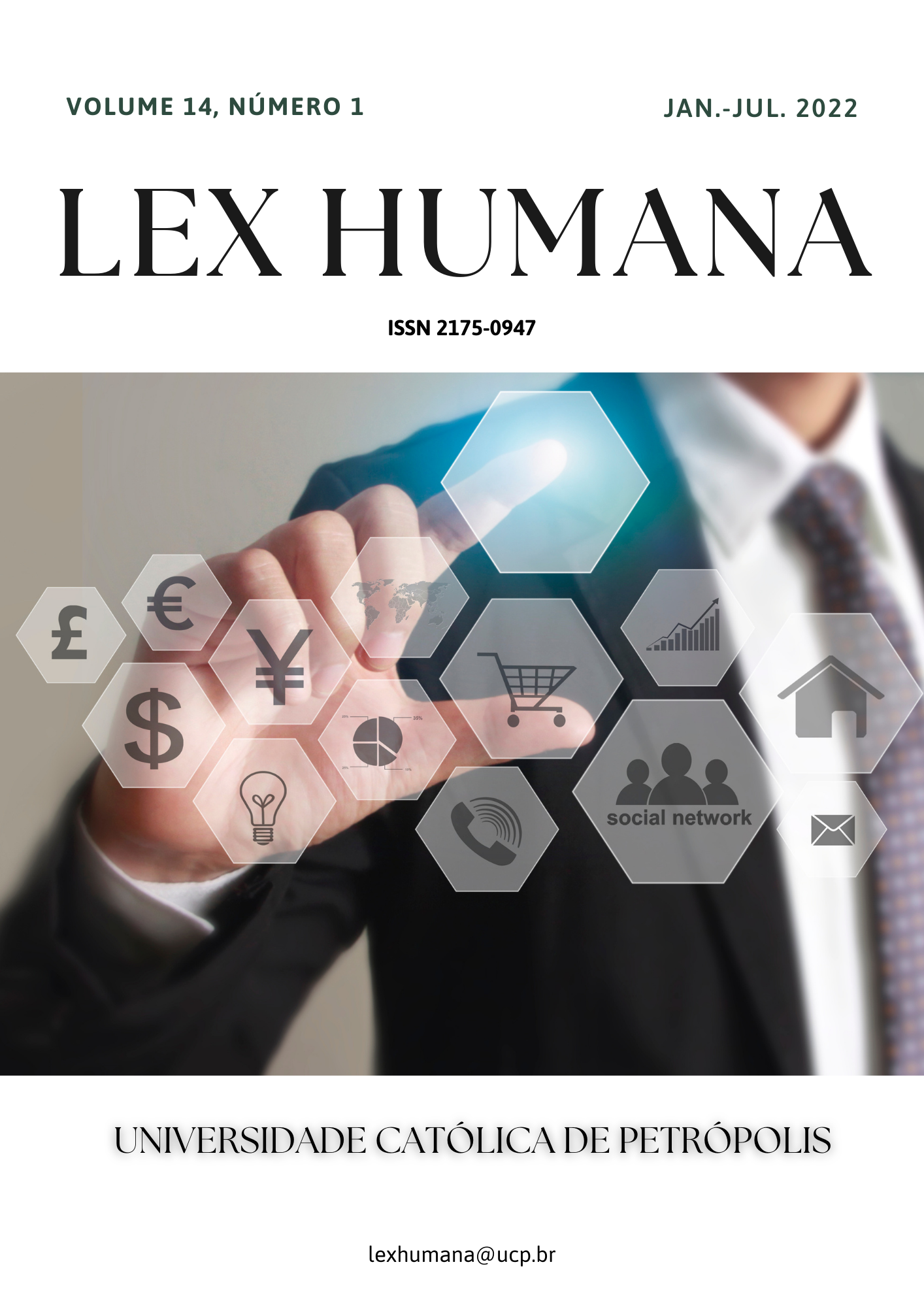Abstract
In history as well as in the present, intellectuals play a unique role in the process of building and developing the country. The epitaph in Quoc Tu Giam states that “Hiền tài là nguyên khí quốc gia”; This has shown that, historically, the feudal dynasties of Vietnam have attached great importance to the development of intellectuals. Since the Communist Party of Vietnam took power; leading and organizing all country’s activities, the intellectuals are increasingly valued. There have been many policies to build and develop this team. Especially, before the impacts of the industrial revolution 4.0; the requirements that need to further improve the quality of intellectuals to meet the requirements of the new era. On the basis of analyzing the current situation of the intellectual team, the achievements, and limitations of the policy on building and developing the intellectual team; this study proposes a number of solutions to improve the policy of building and developing intellectuals; meet the requirements of the industrial revolution 4.0.
References
An, D. T. V. (2022). Building a team of Vietnamese intellectuals today according to Ho Chi Minh’s thought. Journal of Front. Retrieved from http://tapchimattran.vn/nghien-cuu/xay-dung-doi-ngu-tri-thuc-viet-nam-hien-nay-theo-tu-tuong-ho-chi-minh-47032.html
Communist Party of Vietnam. (2006). Document of the 10th National Party Congress. Hanoi: National Politics Truth.
Communist Party of Vietnam. (2011). Document of the 11th National Party Congress. Hanoi: National Politics Truth.
Communist Party of Vietnam. (2016). Document of the 12th National Party Congress. Hanoi: National Politics Truth.
Communist Party of Vietnam. (2021). Document of the 13th National Party Congress, vol 1. Hanoi: National Politics Truth.
Communist Party of Vietnam. (2021). Document of the 13th National Party Congress, vol 2. Hanoi: National Politics Truth.
Goverment. (2020). Decree No. 112/2020/ND-CP on disciplining cadres, civil servants, and public employees.
Hai, T. N. (2021). Policy on development of Vietnamese intellectuals - viewed from Resolution 27, term X. Journal of Propaganda. Retrieved from http://tapchimattran.vn/nghien-cuu/chinh-sach-phat-trien-doi-ngu-tri-thuc-viet-nam-nhin-tu-nghi-quyet-27-khoa-x-42283.html
Hoduc, H., Vothanh, H., & Vuhong, V. (2022). The changes in education policy in the context of educational innovation in Vietnam. Revista on Line De Política E Gestão Educacional, 26(esp.1), e022043. https://doi.org/10.22633/rpge.v26iesp.1.16772
Hieu, N. (2022). Building a team of intellectuals in the current era. State Organization Magazine. Retrieved from https://tcnn.vn/news/detail/40902/Xay_dung_doi_ngu_tri_thuc_trong_thoi_dai_hien_nayall.html
HongVan, V (2020). Identify Methods of Teaching and Learning to Create Interest, Self-Study, And Creativity of Students. Humanities & Social Sciences Reviews, 8(3), 646-656. https://doi.org/10.18510/hssr.2020.8369.
Le Thuy Hang & Vu Hong Van. (2020). Building Strong Teaching and Learning Strategies through Teaching Innovations and Learners’ Creativity: A Study of Vietnam Universities. International Journal of Education and Practice, 8(3): 498-510. DOI: 10.18488/journal.61.2020.83.498.510.
Linh, P. N. (2018). Building and developing a team of intellectuals - Ten years in retrospect. Journal of Communist. Retrieved from https://www.tapchicongsan.org.vn/web/guest/nghien-cu/-/2018/51979/xay-dung-va-phat-trien-doi-ngu-tri-thuc---muoi-nam-nhin-lai.aspx
Luongngoc, V., & Vuhong, V. (2022). The educational role of social networks in policy communication in Vietnam. Revista on Line De Política E Gestão Educacional, 26(esp.1), e022037. https://doi.org/10.22633/rpge.v26iesp.1.16513
Luongngoc, V., & Vuhong, V. (2022). Research and teaching of marxism-leninism at the universities: The requirements, difficulties and recommended solutions. Nuances: Estudos Sobre Educação, 33(00), e022011. https://doi.org/10.32930/nuances.v33i00.9489
Minh, H. C. (2011): Complete Volume, Volume 5. Hanoi: National Politics Truth.
National Assembly of the Socialist Republic of Vietnam. (2008). Law on cadres and civil servants (Law No. 22/2008/QH12).
National Assembly of the Socialist Republic of Vietnam. (2010). Law on Public Officials (Law No. 58/2010/QH12)
National Assembly of the Socialist Republic of Vietnam. (2014). Law on Organization of the National Assembly (Law No. 57/2014/QH13).
National Assembly of the Socialist Republic of Vietnam. (2015). Law on Organization of Local Government (Law No. 77/2015/QH13).
National Assembly of the Socialist Republic of Vietnam. (2019). Amending and supplementing a number of articles of the Law on cadres and civil servants and the Law on public employees (Law No. 52/2019/QH14).
Nghia, N. T. (2013). Industry 4.0 and the role of scientific and technological intellectuals. https://hcmusta.org.vn/cach-mang-cong-nghiep-4-0-va-vai-tro-cua-tri-thuc-khoa-hoc-cong-nghe/
Party Central Committee. (2021). Conclusion No. 21-KL/TW on accelerating the rectification of the Party and political system, strictly handling cadres who have degraded in ideology, morality, and lifestyle, and exhibiting “self-evolution” and “self-transformation”.
Party Central Committee. (2008). Resolution No. 27-NQ/TW dated August 6, 2008, of the Xth Central Committee on building a contingent of intellectuals in the period of accelerating industrialization and modernization of the country (Resolution 27).
Party Central Committee. (2018). Resolution 26-NQ/TW dated May 19, 2018, of the 12th Central Executive Committee on focusing on building a contingent of cadres at all levels, especially at the strategic level, with sufficient quality, capacity, and prestige on par with their duties.
Thi Hong Hoa, N., & Hong Van, V. (2022). Policy and Law On Religion In The Context Of Globalization And International Integration Of Vietnam. Lex Humana (ISSN 2175-0947), 14(2), 168–180. Retrieved from https://seer.ucp.br/seer/index.php/LexHumana/article/view/2213
Trung, N. S., & Van, V. H. (2020). Educating Traditional Cultural Values in Vietnam Universities. South Asian Research Journal of Humanities and Social Sciences 2(3), pp. 210-214.
Trung, N. S., & Van, V. H. (2020). Vietnamese Cultural Identity in the Process of International Integration. Journal of Advances in Education and Philosophy 4(6), pp. 220- 225.
V. Vuhong. (2021). Managing traffic safety education activities in primarand y schools: status, necessity, and influencing factors. Revista on Line De Política E Gestão Educacional, 25(3), 2535–2551. https://doi.org/10.22633/rpge.v25i3.15840
Van, V. H. (2022). The State’s Legal Policy and Management on Civil Servants: The Current Situation and Issues Raised. International Journal of Early Childhood Special Education, 14(3). DOI: 10.9756/INT-JECSE/V14I3.688
Van, V. H. (2022). Education policy in the context of Vietnam’s international integration: Problems raised and proposed solutions. International Journal of Health Sciences, 6(S4), 3562–3571. https://doi.org/10.53730/ijhs.v6nS4.9019
Vuhong, V. (2021). Management of educational activities in schools towards the approach of learners’ competency: a case study of a high school. Nuances: Estudos Sobre Educação, 32(00), e021005. https://doi.org/10.32930/nuances.v32i00.9118
Vuhong, V. (2022). Traffic safety education activities for universities students in Ho Chi Minh City. Nuances: Estudos Sobre Educação, 33(00), e022012. https://doi.org/10.32930/nuances.v33i00.9490

This work is licensed under a Creative Commons Attribution-NonCommercial-NoDerivatives 4.0 International License.
Copyright (c) 2022 Lex Humana (ISSN 2175-0947)

